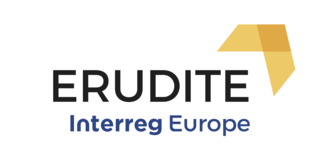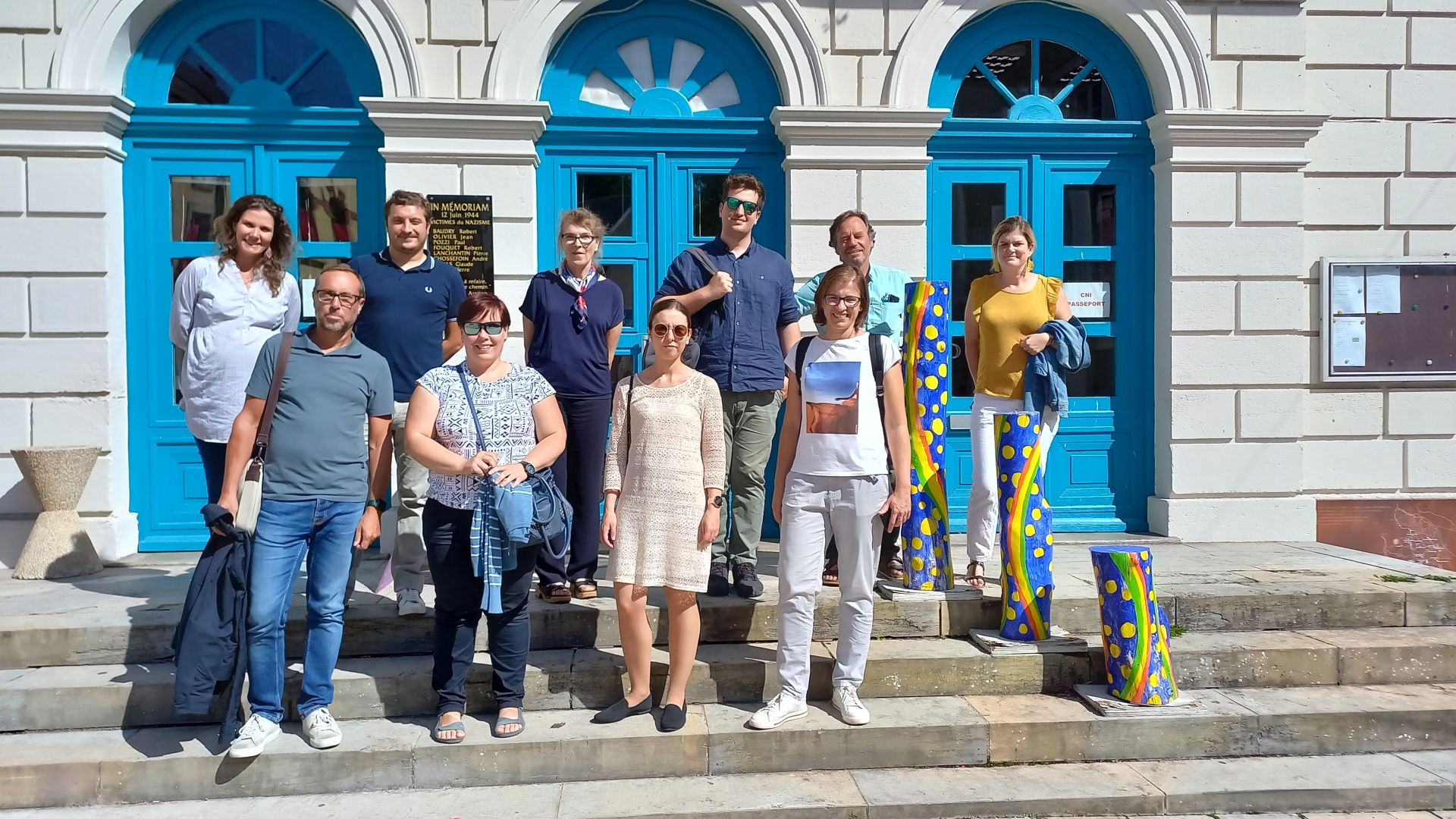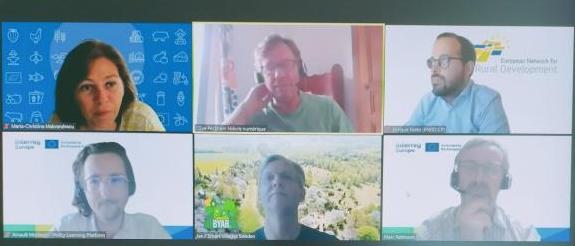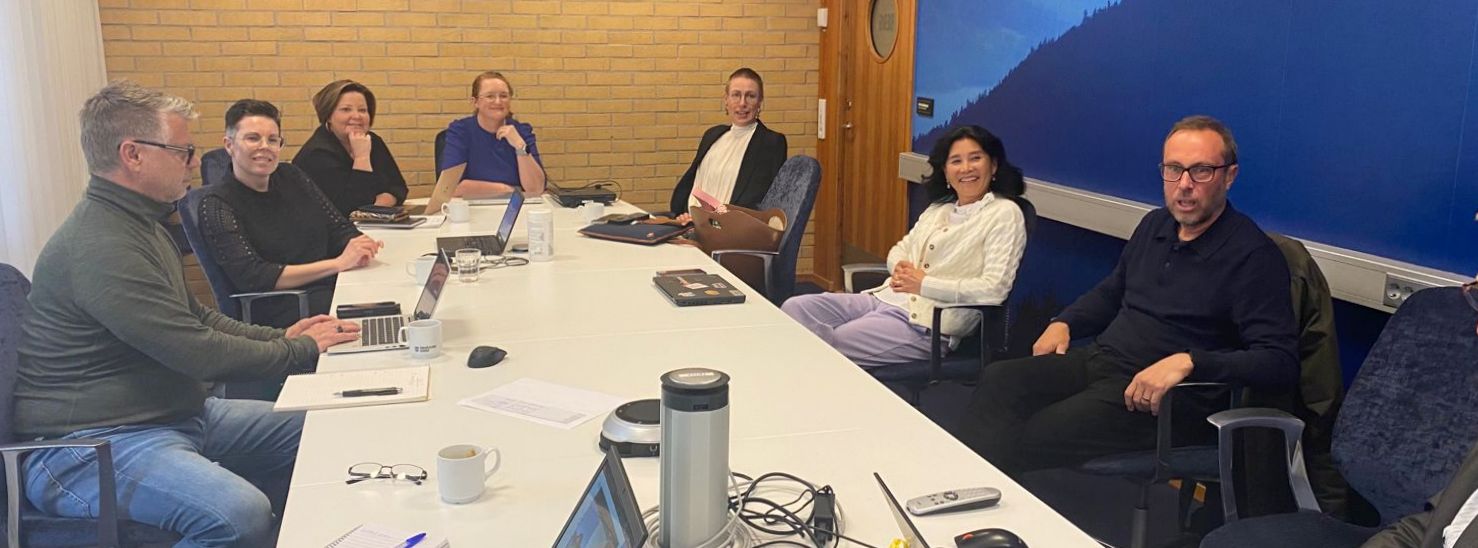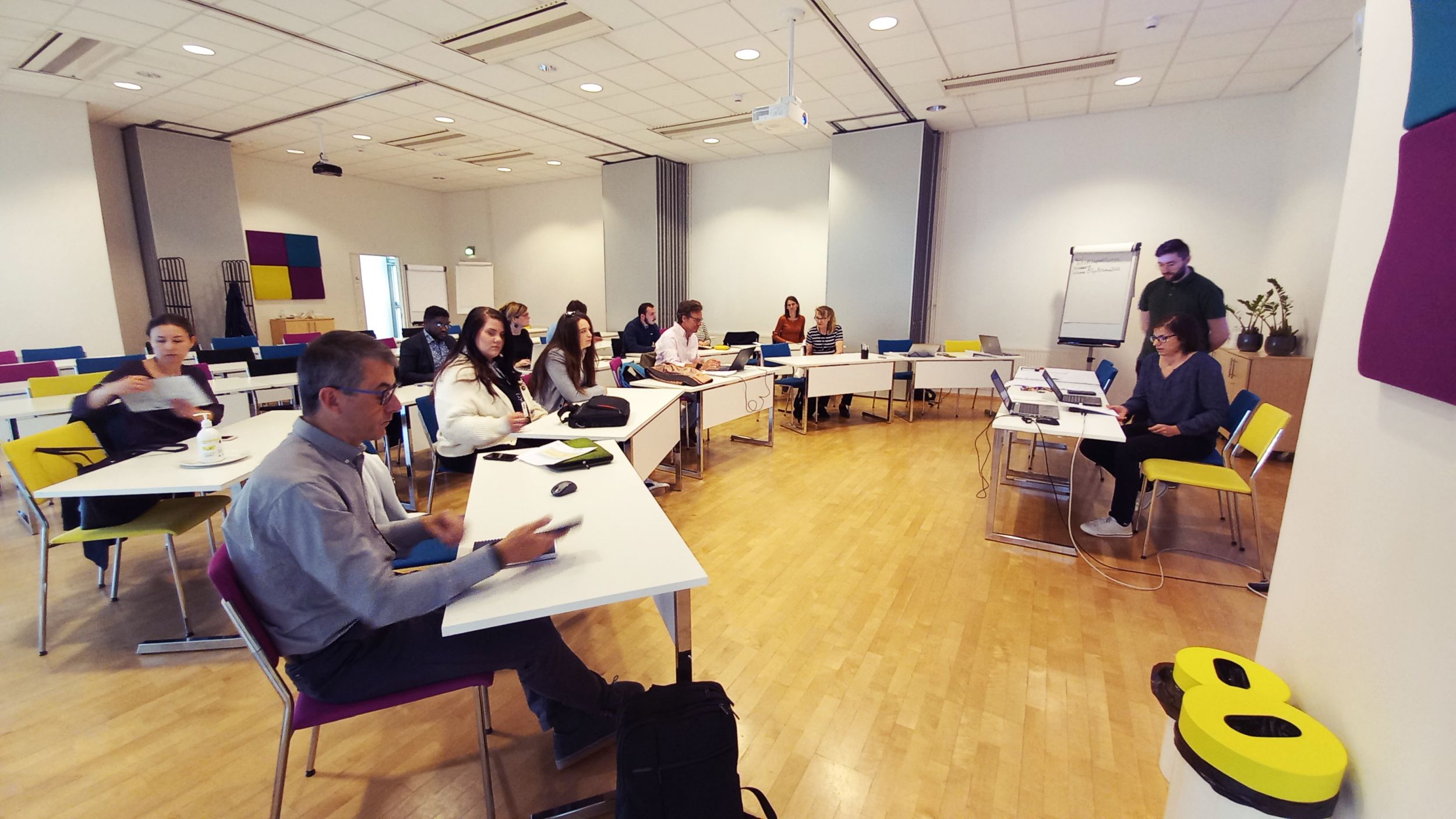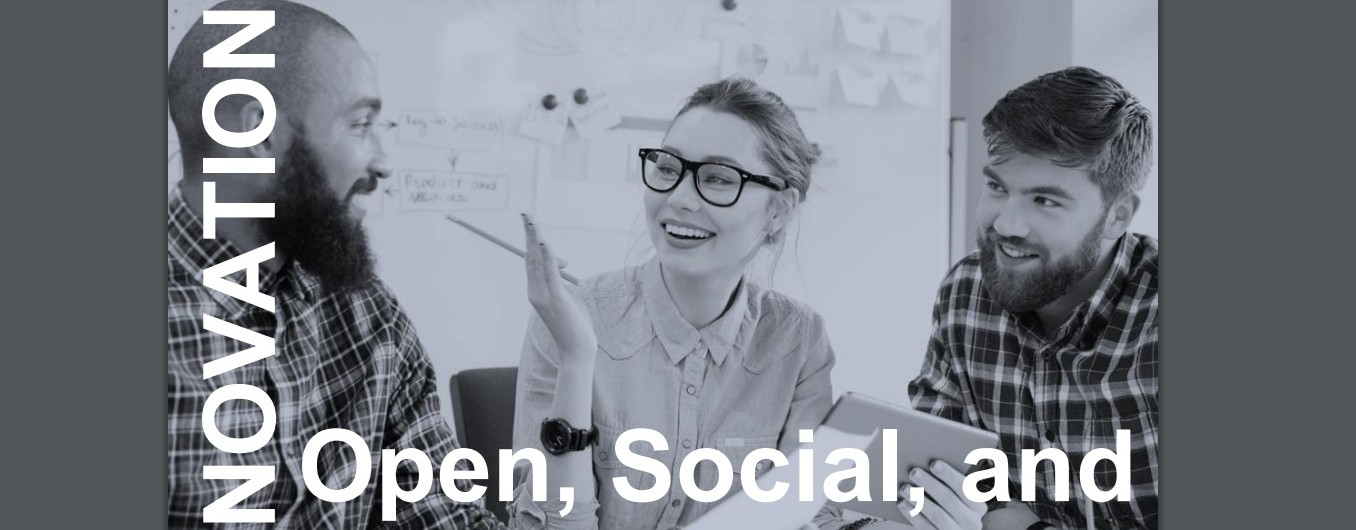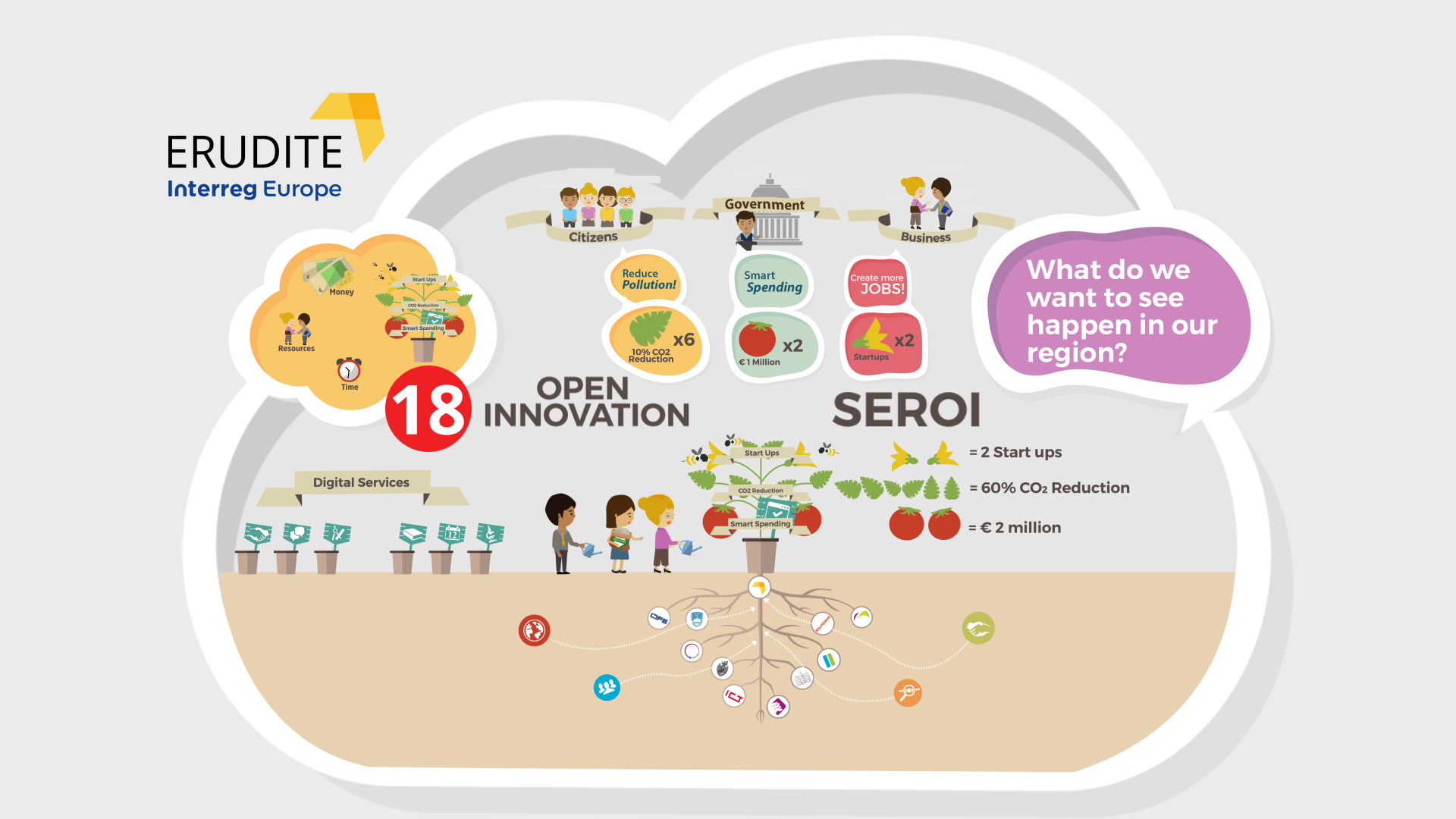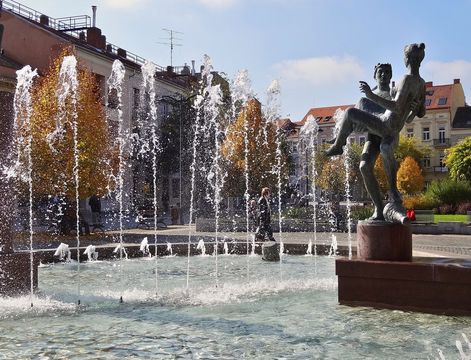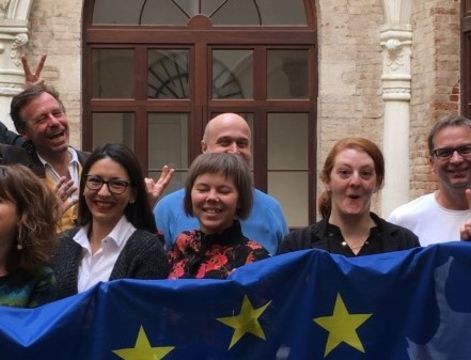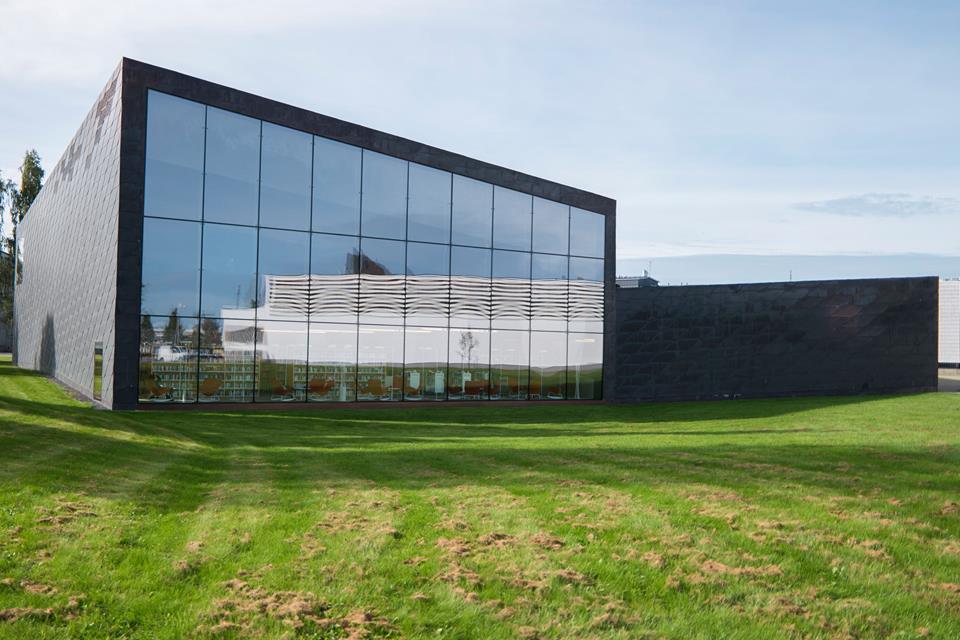COVID-19 has accelerated the use, visibility and diffusion of digital tools and services; confinement measures have encouraged a long-term move to remote working, learning and e-services. This is of particular importance in rural and peripheral regions.
The ERUDITE consortium continues its 5-year work and undertakes an exchange programme to evaluate the impact of the crisis on the development and operation of digital services and develop measures to respond.
This will be achieved through 16 policy learning events and the improvement of six policy instruments involved into the project.
The exchange process follows a structured analysis of COVID impact on
- the development, design and implementation of digital services and
- the reach, effectiveness and impact of new/modified services and the role of multi stakeholder service co-creation.
The exchange process takes place in two overlapping stages namely on digital level through the realization of COVID-19 impact analysis, the updating and improving of the SEROI+ method and by identifying Good Practices on policy and projects’ level. On the other hand on physical and digital level to define measures to respond, recover from the crisis, engender long term resilience and improve regional development policies.
Our analysis focuses of three clusters:
- SMART Territories: E-government, public and community services for digital resilience ii) Impact evaluation and forecast, monitoring
- Digital Work, Creative and Innovation Hubs; ii) Remote work strategies; territorial attractiveness
- Health, Well-being and e-Care ii) Collaborative digital business models
These additional activities will contribute to policy improvement principally through new projects: to be achieved through the identification, analysis, exchange, transfer and adaptation of good practice and parallel application of improved SEROI+ service development methodology and return on investment evaluation/forecast analysis.
Project partners and Regional Stakeholder Groups will select and co-create projects to define and realize services based on good practices, partnership study visits and workshops, local and partnership SEROI+ trainings and processes-analyses.
Project partners and Regional Stakeholder Groups are going to design implementation strategies involving stakeholders and actions most beneficial to their success.
